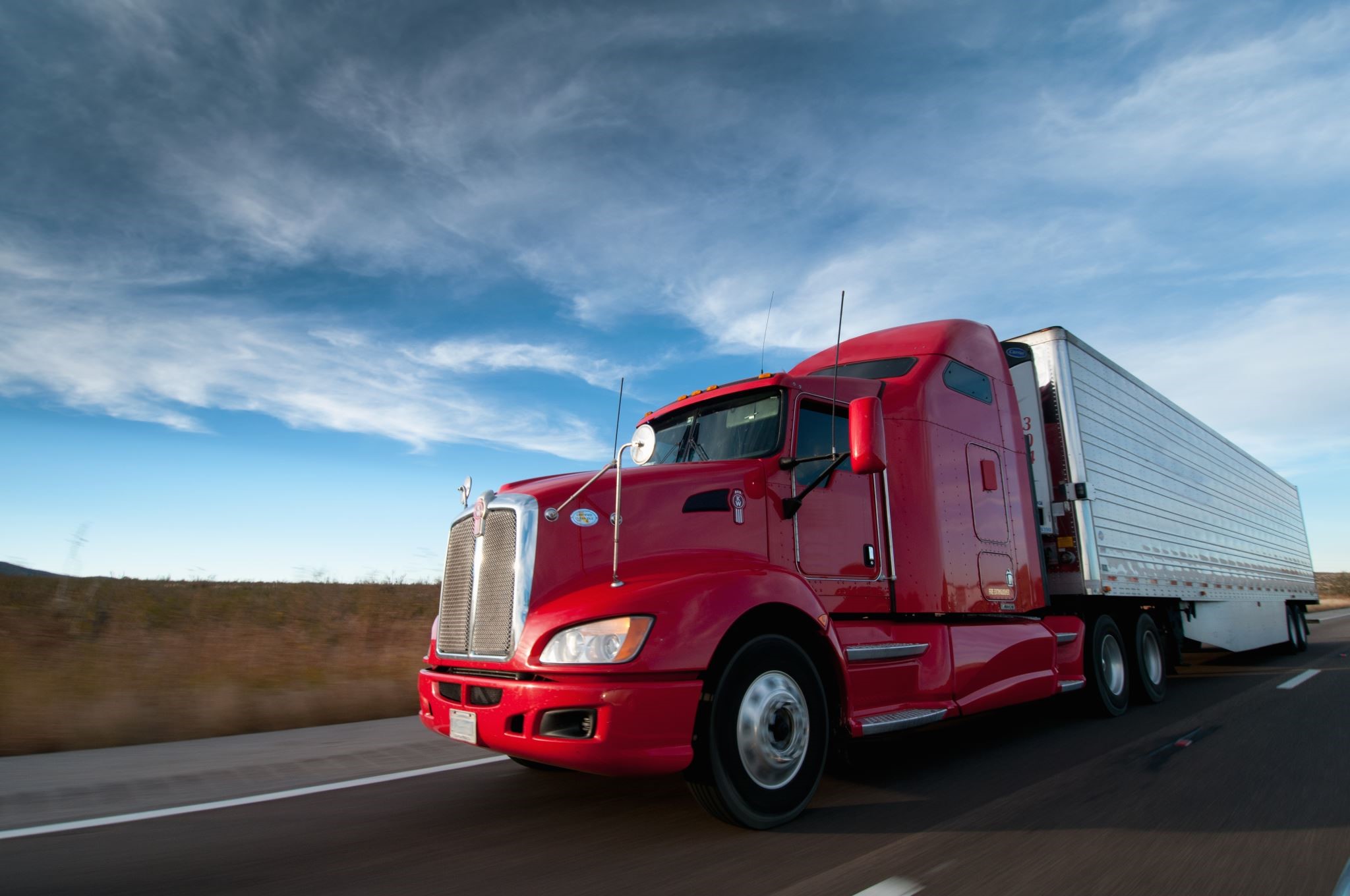Organized by the Northeast States for Coordinated Air Use Management (NESCAUM), 15 states and Washington DC have come together in support of rapid electrification of the medium-and heavy-duty vehicle sector. The MOU signed by participating states calls for all new truck and bus sales to be zero emission by 2050. States partnering on the MOU include California, Colorado, Connecticut, Hawaii, Maine, Maryland, Massachusetts, New Jersey, New York, North Carolina, Oregon, Pennsylvania, Rhode Island, Vermont, and Washington.
This action follows the unanimous adoption last month of the Advanced Clean Trucks Rule in California, which sets regulations on manufacturers and requires all sales of new trucks in the state to be zero emission by 2045. The plan outlined in the MOU is designed to support the growing market for truck and bus electrification and build a network of support for participating states. While some participants have adopted the California-led ZEV Program setting EV requirements for passenger vehicle sales, Hawaii, North Carolina, and Pennsylvania are not a part of this program currently.
This points to the expansion of California policy leadership beyond the ZEV state group. Furthermore, truck electrification remains a top priority to reduce the disproportionate health impacts borne by communities of color that have been intensified throughout the COVID-19 pandemic. States committing to this plan will lead on the deployment of electric buses and trucks and some also look to award more of their allocations from the VW Settlement to support this effort.
(hat tip to Patricio Portillo)
